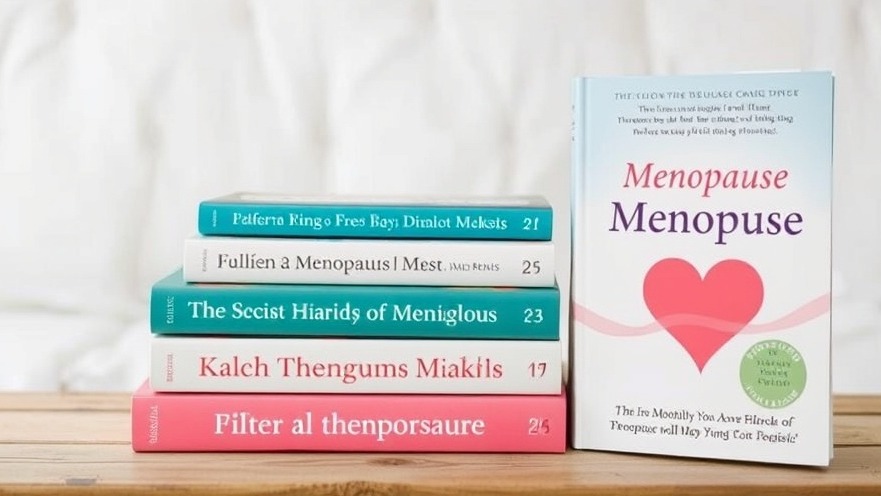
Understanding Energy Shifts During Menopause
For many women navigating perimenopause and early menopause, experiencing low energy levels can be an unexpected and frustrating struggle. As we transition through this significant life phase, a few biological factors contribute to this common issue. A prominent factor involves estrogen, a hormone that crucially impacts how our bodies regulate energy.
When estrogen levels drop, the ability to manage neurotransmitters such as serotonin and dopamine is affected. These neurotransmitters are vital for mood, motivation, and energy levels. Consequently, many may feel more fatigued, mentally clouded, or emotionally flat—often feeling as if they are doing everything they 'should' but still lacking vitality.
The Role of Sleep in Energy Levels
Beyond hormonal fluctuations, disrupted sleep is another substantial contributor to diminished energy. Common symptoms like hot flushes and night sweats can severely impact sleep quality. Even if one feels they've rested adequately, fragmented sleep depletes recovery, disrupts hormone regulation, and ultimately diminishes energy levels over time.
Impact of Hormonal Changes on Stress Response
Additionally, the changing hormonal landscape can affect how the body responds to stress. The hypothalamic-pituitary-adrenal (HPA) axis, which regulates the body’s stress response, can become reactive during menopause. Higher baseline cortisol levels—produced by heightened stress responses—can lead to even greater feelings of fatigue and a cycle that feels difficult to escape.
Exercise: An Ally During Menopause
Amid these challenges, exercise emerges as a powerful ally. Regular physical activity can alleviate some symptoms associated with menopause. Not only does exercise help boost overall mood and energy levels, but it also counteracts weight gain that can accompany hormonal shifts. Engaging in strength training can even help mitigate hot flushes and enhance heart health, creating a potential path to reclaiming energy and vitality.
Embracing Changes for a Healthier Midlife
While low energy during menopause can feel overwhelming, it's essential to remember that you are not alone. Understanding these shifts and exploring solutions—like stress management techniques, sleep improvement strategies, and a consistent exercise routine—can significantly enhance your quality of life. Finding a supportive community or professional guidance might also be invaluable in this transitional period.
 Add Row
Add Row  Add
Add 




Write A Comment